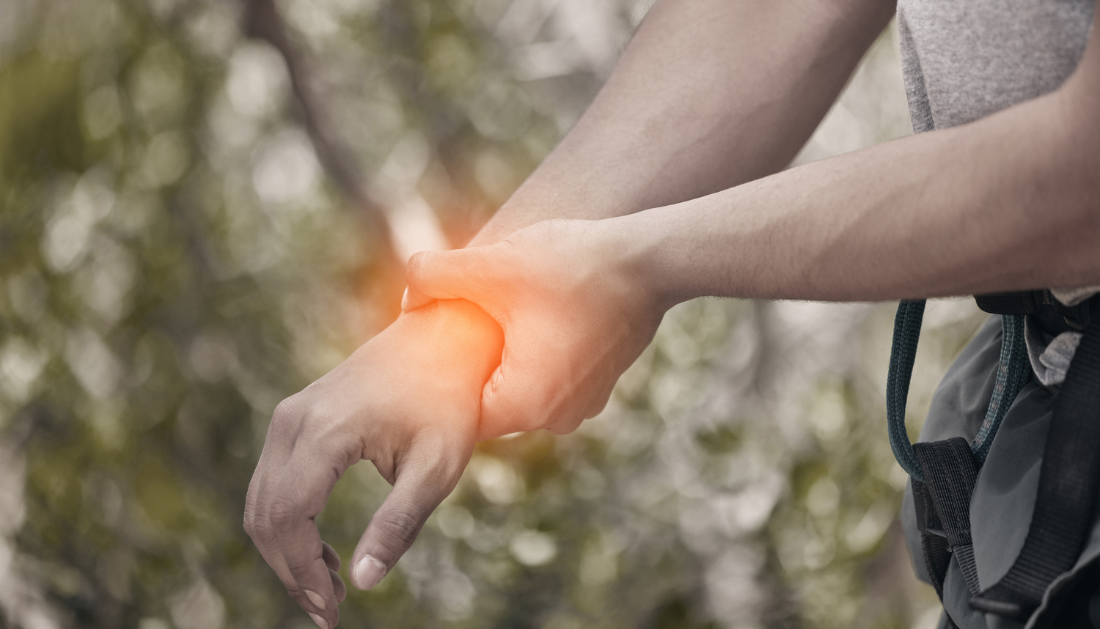

Men with inflammatory joint disease, such as rheumatoid arthritis, are more likely to have children than their healthy counterparts, according to a study published online in the Annals of the Rheumatic Diseases.
The researchers propose that previously undiscovered elements linked with the disease’s development and/or treatment may influence fertility.
Autoimmune illnesses are becoming more common in the West, and reduced fertility has been found in Norwegian women with inflammatory joint diseases. However, the researchers point out that only a few studies have been conducted to investigate the potential impact on men’s fertility.
To investigate these difficulties further, the researchers drew on a national sample of 10,865 Norwegian males with rheumatoid arthritis (37%), psoriatic arthritis (33%), or spondyloarthritis (30%). Each of them was paired with five healthy men (54,325) from the general population.
From 1967 to August 2021, 111, 246 children were born to a total of 65,190 males. The average age of first parenthood was 27 for males with inflammatory joint disease and 28 in the comparison group. The average age when diagnosed was 44.
Births and childlessness were separated into three time periods to represent key developments in medication treatment for inflammatory joint diseases:1967-85 (before the advent of methotrexate; 575), 1986-99 (methotrexate; 1360), and 2000-21 (usage of biologics; 8930).
Each patient fathered an average of 1.8 children, compared to 1.7 in the comparison group, and almost one in five (21%) of the patients were childless, compared to more than one in four (27%) in the comparison group.
Men in both groups had the following number of children: one child, 15% vs 14%; two, 36% vs 33%; three, 20% vs 19%; and four or more, 7% vs 7%.
The difference in childlessness and number of children between the two groups was observed in all age groups except those aged 19 and younger. Similarly, the proportion of childless men among patients remained significantly lower than in the comparison group for those diagnosed between the ages of 20 and 79.
These discrepancies persisted with time, however the number of children diagnosed after 2000 showed the greatest numerical difference: an average of 1.8 vs 1.6. These patients also had the lowest probability of childlessness (22% vs. 28%).
In the 2000-21 timeframe, males diagnosed in their 30s had the greatest absolute difference in childlessness (22% vs 32%). The alterations were less noticeable between 1967 and 1985, and 1986 and 1999.
This is an observational study, thus no definitive conclusions can be reached about causality. Aside from the disease itself, psychological and socioeconomic characteristics, employment status, and smoking could all have an impact on fertility, which the researchers were unable to assess.
However, they conclude that “Male patients with [inflammatory joint disease] may be reassured that no loss of fertility is expected.” However, substudies based on specific diseases should be conducted to provide more targeted patient information.”
For more information: Impaired fertility in men diagnosed with inflammatory arthritis: results of a large multicentre study (iFAME-Fertility), Annals of the Rheumatic Diseases, https://doi.org/10.1136/annrheumdis-2021-220709
more recommended stories
 T-bet and the Genetic Control of Memory B Cell Differentiation
T-bet and the Genetic Control of Memory B Cell DifferentiationIn a major advancement in immunology,.
 Ultra-Processed Foods May Harm Brain Health in Children
Ultra-Processed Foods May Harm Brain Health in ChildrenUltra-Processed Foods Linked to Cognitive and.
 Parkinson’s Disease Care Advances with Weekly Injectable
Parkinson’s Disease Care Advances with Weekly InjectableA new weekly injectable formulation of.
 Brain’s Biological Age Emerges as Key Health Risk Indicator
Brain’s Biological Age Emerges as Key Health Risk IndicatorClinical Significance of Brain Age in.
 Children’s Health in the United States is Declining!
Children’s Health in the United States is Declining!Summary: A comprehensive analysis of U.S..
 Autoimmune Disorders: ADA2 as a Therapeutic Target
Autoimmune Disorders: ADA2 as a Therapeutic TargetAdenosine deaminase 2 (ADA2) has emerged.
 Is Prediabetes Reversible through Exercise?
Is Prediabetes Reversible through Exercise?150 Minutes of Weekly Exercise May.
 New Blood Cancer Model Unveils Drug Resistance
New Blood Cancer Model Unveils Drug ResistanceNew Lab Model Reveals Gene Mutation.
 Healthy Habits Slash Diverticulitis Risk in Half: Clinical Insights
Healthy Habits Slash Diverticulitis Risk in Half: Clinical InsightsHealthy Habits Slash Diverticulitis Risk in.
 Caffeine and SIDS: A New Prevention Theory
Caffeine and SIDS: A New Prevention TheoryFor the first time in decades,.

Leave a Comment